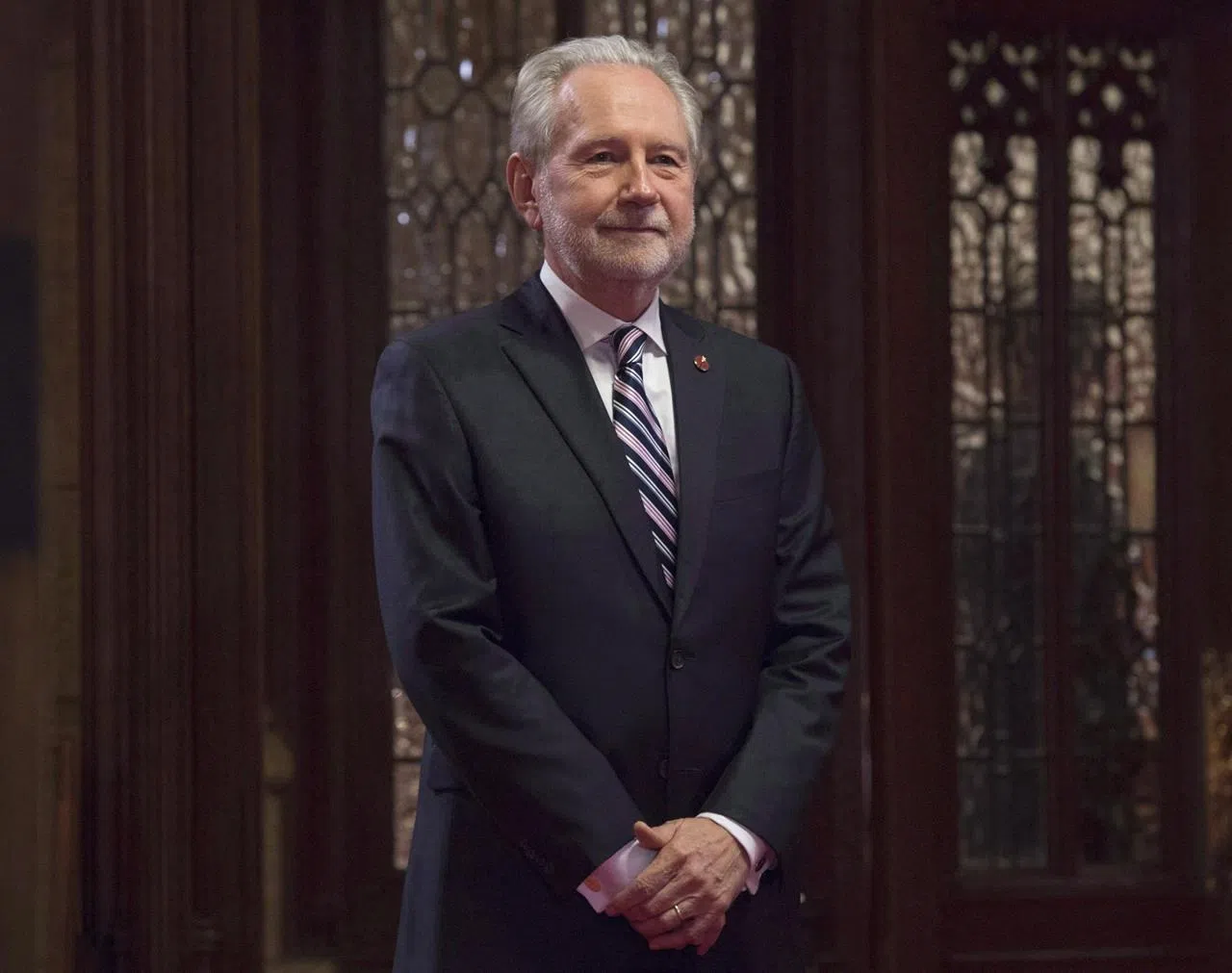
Liberal point man in Senate says chamber must do more to be open, accountable
OTTAWA — The Trudeau government’s point man in the Senate says the upper chamber has yet to become the fully accountable, transparent institution envisioned more than a year ago after a critical review of its spending rules and oversight.
In a year-end interview with The Canadian Press, Sen. Peter Harder said the Senate made some progress over the last 12 months with a new expense-disclosure regime that gives Canadians more details on how senators are spending public dollars.
The upper chamber also posted attendance records online — figures that were previously available for viewing by appointment only at the Senate’s administrative offices near Parliament Hill.
But the Senate has yet to respond as an institution to auditor general Michael Ferguson’s recommendation to run regular internal audits, something he sees as a priority for the upper chamber, Harder noted.



